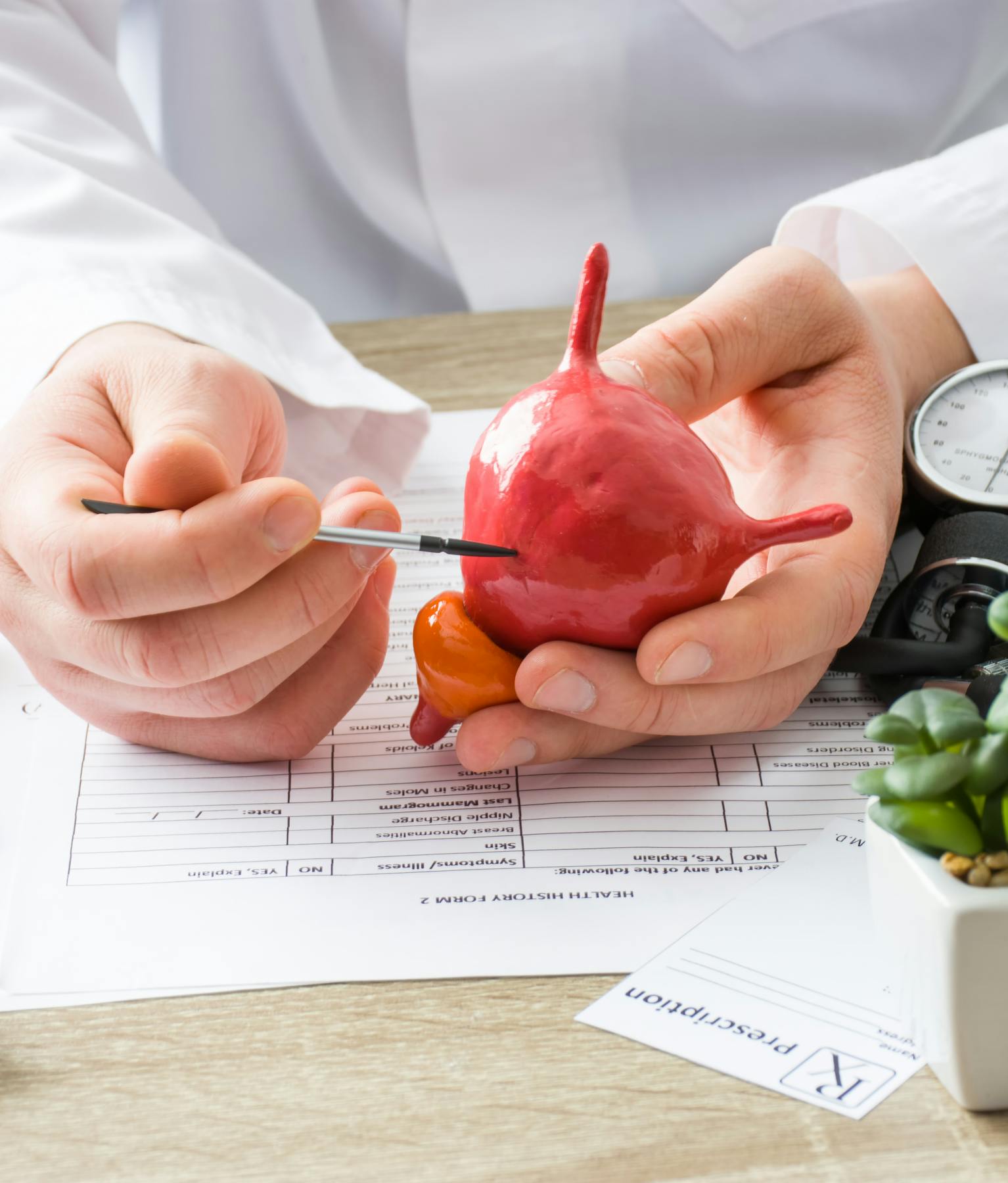
At the multidisciplinary continence care service, the symptoms of urine leakage in people over 75 are examined and a customised treatment is proposed.
Urinary incontinence is a frequent problem in the elderly. There are many causes of incontinence in old age: not only the ageing of the urinary tract, but also medication and other non-urinary conditions can contribute to incontinence.
15-30% of older people living independently suffer from incontinence, a figure that rises to 50-90% in residential care centres. Patients rarely report this problem to their doctor.
Stress incontinence is the loss of urine due to an increase in pressure in the abdomen, for example, caused by coughing, sneezing and laughing. When the sphincter can no longer withstand this increased pressure, leakage of urine may occur. This type of loss of urine can also occur in male patients after surgery for prostate cancer.
Urge incontinence is caused by involuntary contraction of the bladder. This contraction causes a strong urge to urinate. This can also occur when the bladder is almost empty. When the urge cannot be suppressed, loss of urine may occur.
Overflow incontinence causes a continuous loss of small amounts of urine. This is also referred to as dribbling. The bladder is completely full and can no longer empty itself in a normal way.
Incontinence is underdiagnosed and undertreated. Incontinence can lead to falls, bedsores and reduced quality of life. People are often embarrassed and sometimes end up in social isolation.
The examinations take place on 2 separate days at the geriatric day hospital (route 80). On the first day, you will be asked to complete a comprehensive questionnaire to assess your symptoms. Also, the urine that remains in the bladder after urinating is examined and an ECG, blood sample and urine sample are taken to exclude certain causes of your symptoms. The bladder diary will be explained to you and you will have to complete it at home for three days. The nurses will help you on your way. Finally, you will also visit the geriatrician, who will go over everything again with you and review your medication.
The second day is scheduled two weeks later at the geriatric day hospital. This is when your bladder diary will be reviewed and a consultation with the urologist will follow. An ultrasound will be made of the kidneys and bladder, a pressure flow study will be performed, as well as a clinical examination. All this usually takes place in the afternoon. One week before, the nurse will call you to check if you have any problems completing the bladder diary. If necessary, you will be asked to come in the morning so that the bladder diary can be further completed during this day.
After all examinations have been completed on the second day, there is a consultation between the geriatrician and the urologist. After this, the geriatrician will visit you to discuss the results of the examinations and decide how best to address your problem.